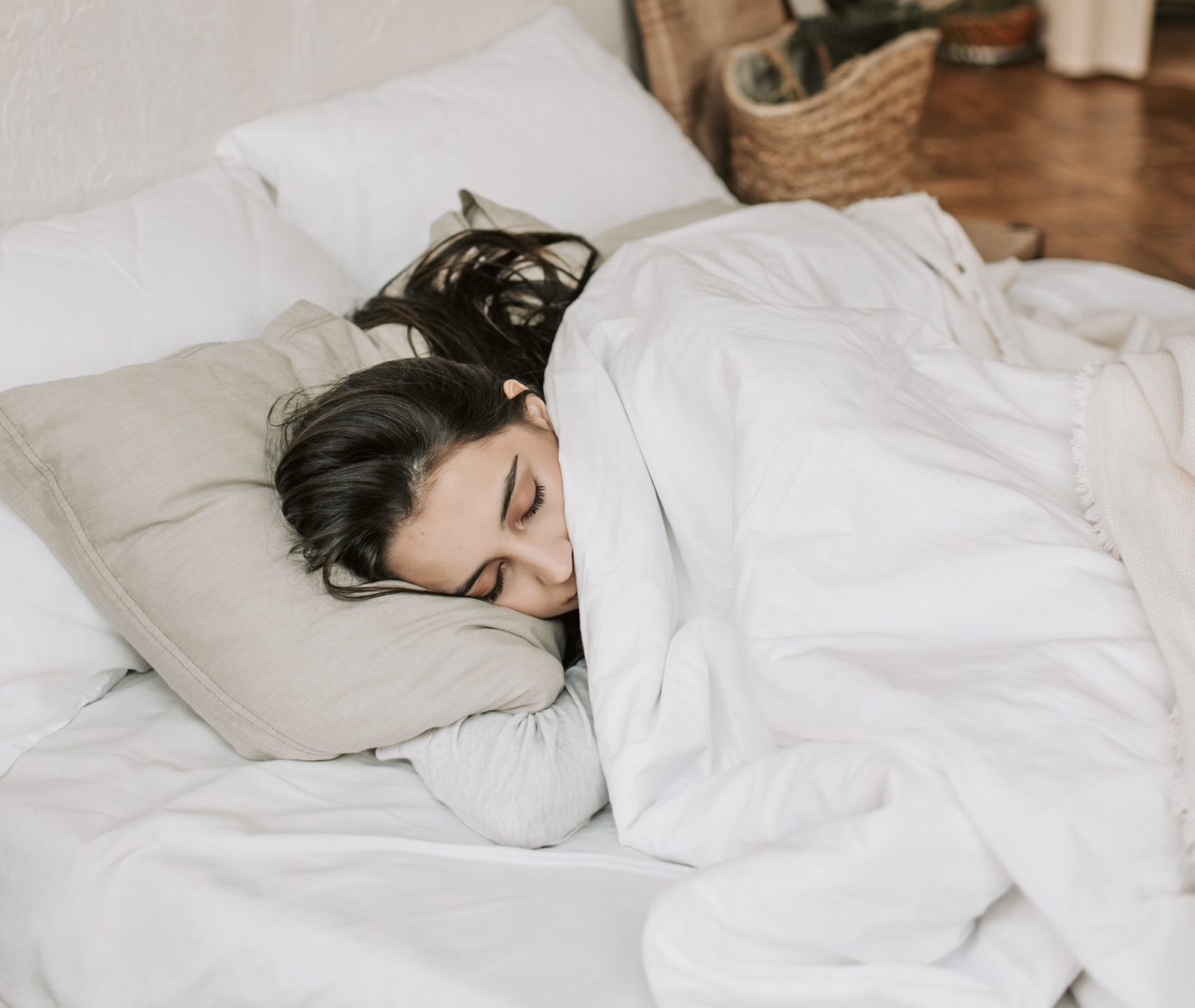Self-care is the practice of asking yourself what you need mentally, spiritually, physically or emotionally and making sure you get it. As adults, we are responsible for managing our own health, emotions, and personal growth. Self-care is the set of practices that allow us to accomplish this.
 Tips & Techniques
Tips & Techniques 
Stay active
Staying active doesn’t mean that you have to spend hours in the gym. It’s important to find activities that you enjoy and that you can integrate into your daily life for optimum results. Research shows that keeping active benefits our physical and mental wellbeing.Regular physical activity is associated with lower rates of depression and anxiety across all age groups.
There are plenty of ways to introduce increased activity into your busy schedule, and we’d recommend some of the following:
-
Get involved in one of the GIHE Swiss or London sports clubs or fitness sessions
-
Get out and about at the weekend. In Switzerland, visit the stunning countryside that surrounds you. In London, get off the bus or tube before your final destination and walk some of the way.
-
Take the stairs not the lift, where possible
-
Go for a walk at lunchtime
 Eat healthily & stay hydrated
Eat healthily & stay hydrated 
There are strong links between what we eat and how we feel.
1. Eat a variety of food, including fruits and vegetables
Every day, eat a mix of wholegrains like wheat, maize and rice, legumes like lentils and beans, plenty of fresh fruit and vegetables, with some foods from animal sources (e.g. meat, fish, eggs and milk).
Choose wholegrain foods like unprocessed maize, millet, oats, wheat and brown rice when you can; they are rich in valuable fiber and can help you feel full for longer.
For snacks, choose raw vegetables, fresh fruit, and unsalted nuts.
2. Cut back on salt
Limit salt intake to 5 grams (equivalent to a teaspoon) a day.
When cooking and preparing foods, use salt sparingly and reduce the use of salty sauces and condiments (like soy sauce, stock, or fish sauce).
Check the labels on food and choose products with lower sodium content.
3. Eat moderate amounts of fats and oils
Replace butter, ghee, and lard with healthier fats like olive, soy, sunflower, or corn oil when cooking.
Choose white meats like poultry and fish which are generally lower in fats than red meat; trim the meat of visible fat and limit the consumption of processed meats.
Select low-fat or reduced-fat versions of milk and dairy products.
Avoid processed, baked, and fried foods that contain industrially produced trans-fat.
Try steaming or boiling instead of frying food when cooking.
4. Limit sugar intake
Limit intake of sweets and sugary drinks such as fizzy drinks, fruit juices, and juice drinks, liquid and powder concentrates, flavored water, energy and sports drinks, ready-to-drink tea and coffee, and flavored milk drinks.
Choose fresh fruit instead of sweet snacks such as cookies, cakes, and chocolate. When other dessert options are chosen, ensure they are low in sugar and consume small portions.
5. Stay hydrated: Drink enough water
Water makes up over half our bodyweight and fluids are essential for good health.
We need about 6-8 cups or glasses of fluid a day, more if it is hot or if we are physically active, which is around 2 litres.
Tea and coffee do count but try to avoid having too much caffeine and consider switching to some alternatives.
It is best to limit sugary drinks like sugary fizzy drinks and swap these for water (or sugar-free versions).
Limit alcohol consumption to limit negative effects on your mind and body. Be mindful of how much you are drinking and be aware of the health implications.
 Sleep well
Sleep well 
Keep a structured routine as much as possible.
Make sleep a priority. Most students don’t get enough sleep, and sleep deprivation is a major contributor to symptoms of depression and anxiety.
Aim for 7-9 hours of sleep each night. Most people need at least 7-9 hours of sleep each night to function optimally the next day. Think about how many hours are needed for you to feel rested and remember that quality is more important than quantity.
Get up at the same time each morning. On days with no morning commitments, like the weekend, don’t sleep in more than one hour later than your normal wake time. This helps to keep your internal clock on schedule for sleep and wake times.
Go to sleep when you feel sleepy at night. If you are having trouble sleeping, try something relaxing that doesn’t involve screens, until you feel sleepy. Trying to force sleep can leave you feeling frustrated, making sleep even more difficult.
Caffeine if a stimulant. This means it causes your body and mind to be more alert. Caffeine is found in coffee, tea, soda, and chocolate. It can stay in the body for an average of three to five hours.
 Stay connected
Stay connected 
Keep in touch with family and friends. Staying connected to those close to you is important for your mental wellbeing. Although you may be far away from family and friends while studying make sure you stay connected via email, social media, or video conferencing. And take time out for those around you.
 Stay relaxed
Stay relaxed 
Take time to listen to music, read a book, or be creative. Learning to make time and space for fun and relaxation is vital in your ability to maintain balance throughout the semester.
Practice relaxation techniques like slowing down your breathing, meditation, yoga. Sit or lie down comfortably in a quiet space to relax.
 Further resources
Further resources 
British Nutrition Foundation. (n.d.) Hydration. https://www.nutrition.org.uk/healthy-sustainable-diets/hydration/?level=Health%20professional
Mental Health Foundation. (n.d.). How to support mental health at work. https://www.mentalhealth.org.uk/explore-mental-health/publications/how-support-mental-health-work
Reference:
World Health Organization (WHO). (n.d.). #HealthyAtHome: Healthy Diet. https://www.who.int/campaigns/connecting-the-world-to-combat-coronavirus/healthyathome/healthyathome—healthy-diet
 Contact us:
Contact us: 
The Welfare team:
The Learning Support team:







